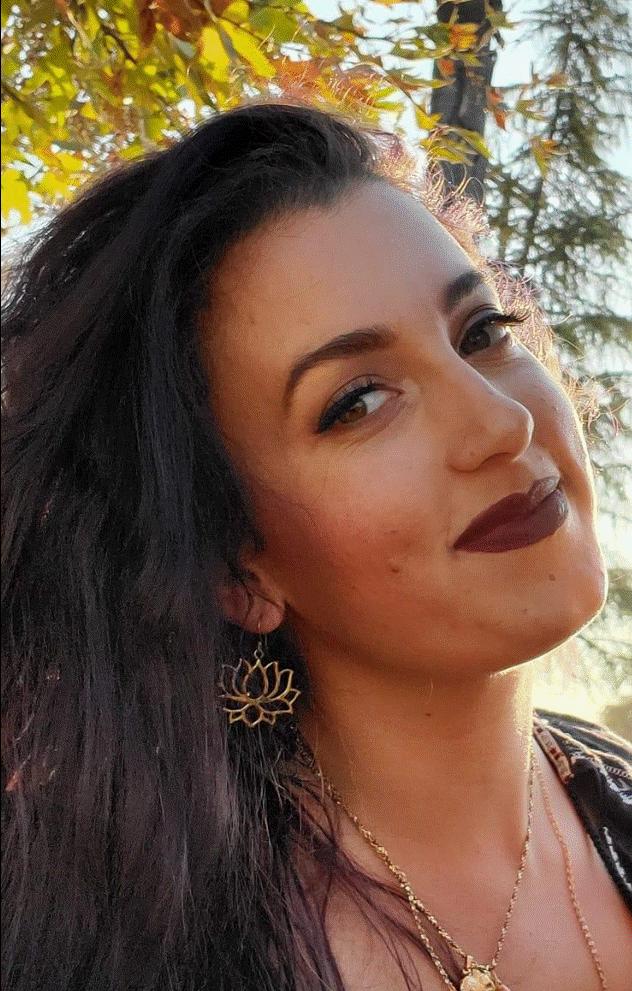
3 minute read
cat´s in the cradle
Melinda Medeiros
Don’t think I don’t remember how you turned the volume up just a bit whenever that song came on. The slightest flick of the knob. I would’ve missed it had I not been looking. And whether we had been talking or singing or staring out the window in the cab of the 1980s brown Ford delivery van, or the first old diesel delivery truck, or even that last new one before we shut down our egg delivery route— with the shiny wrapping on the back box and the air conditioning and the hydraulic seats — it would grow heavy with silence.
Advertisement
You wouldn’t sing, but maybe sometimes you’d hum. You could’ve had a good singing voice, you told me, but your father said choir was better for girls.
And didn’t I see you wipe the corner of your eyes under your sunglasses? And didn’t I ask you once why you liked the song—why it made you sad?
business expanded, as more properties were bought, as the family business grew into one that didn’t just support one family, but several. But also, you were the one that left. The only one that left.
Maybe you didn’t get to play catch very much. Not with him, not at school. Not even when the high school football coach came out to your house to ask your dad if you could. You had to work. But at least he’d try to make work fun sometimes, like you did with us. Put some music on, make it a game to see how fast you can finish. Maybe the lines between father-son and boss-employee became too blurred. And maybe that was too much. Too suffocating. Too hard.
I know there was no silver spoon for you. Immigrants don’t give their children silver spoons. They pick out the tarnished ones from the trash heaps of American consumerism and say, “In the old country, we didn’t even have spoons.” But that was the goal, wasn’t it? To work so hard that, if not their children, then their children’s children could have those silver spoons, that allusive “every opportunity in the world”? Isn’t that what was promised?
And didn’t you tell me it reminded you of your own dad? But it wasn’t exactly the same story. Your dad wasn’t gone long hours at work or on the road. You were there beside him, working through most of your childhood. You, the oldest, the example, the one who should do better and know better— you were right there as the chicken barns were built, as the egg because I don’t. That you send up prayers for me to find my way back while I send out prayers for you to find your way.
So you were part of that striving, that working towards a future where children didn’t have to labor on family farms. They could go to school each day fully rested, not smelling like chicken shit. They could play sports after school. They could have hobbies that didn’t make money. But you would have to forgo all that. And it wasn’t a sacrifice you asked for. But Father knows best, doesn’t he? He got us here, didn’t he?
And after all the working and sacrificing, we’ll all get together then, right? We’ll have a good time then.
Father knew that sacrifice and discipline could bring a certain kind of success. He knew that control felt safer than the spinning, sinking feeling of grief. He knew that too well. Maybe he thought if he held on tight enough, he could keep you from that. But maybe it just drove you to pull further away from him.
Don’t think that it doesn’t break my heart that the song plays in my head each time I say “I’ve gotta go.” Each time I say “Sorry, I can’t make it— too much to do.” Because the striving has become part of who we are, who I am. It has carved Americans out of the softer shape of our island ancestors. This shape is all I know.
Don’t think it doesn’t break my heart that we stand on either side of a great chasm. That your life experiences have kept you there and mine have led me here. But you have to know that you helped me get here. That your love launched me from that place, told me to go and find something better.
Bless me father for I have sinned against your religion. I have found God in love, God in forgiveness, God in the earth beneath my feet, God in the eyes of my children—of all children. But I have not found it in your church. You will call this blasphemy, sacrilege. You will yell your words of condemnation and mourning from your side. But only the mourning will reach me.
One day, I will be less busy, or you will be less worried. We will look into the cradle and realize it’s not the cat that’s there, but the American Dream. We will see the emptiness, and we will reach across the divide. We will release our mourning.
I don’t when, but we’ll get together then. You know we’ll have a good time then.
It doesn’t break my heart that I no longer spend Sundays on wooden pews and kneelers. That I don’t say “Bless me Father, for I have sinned.” It breaks my heart that you wish I did. That you worry





